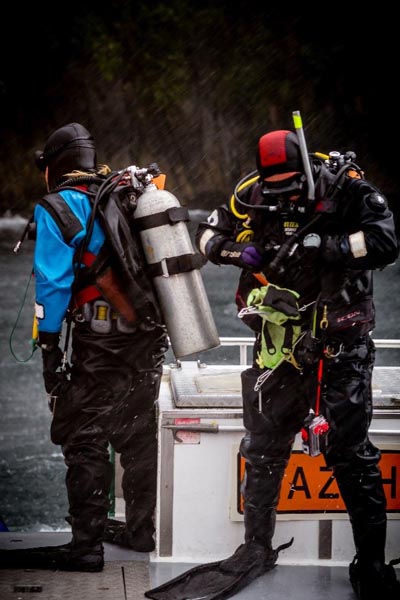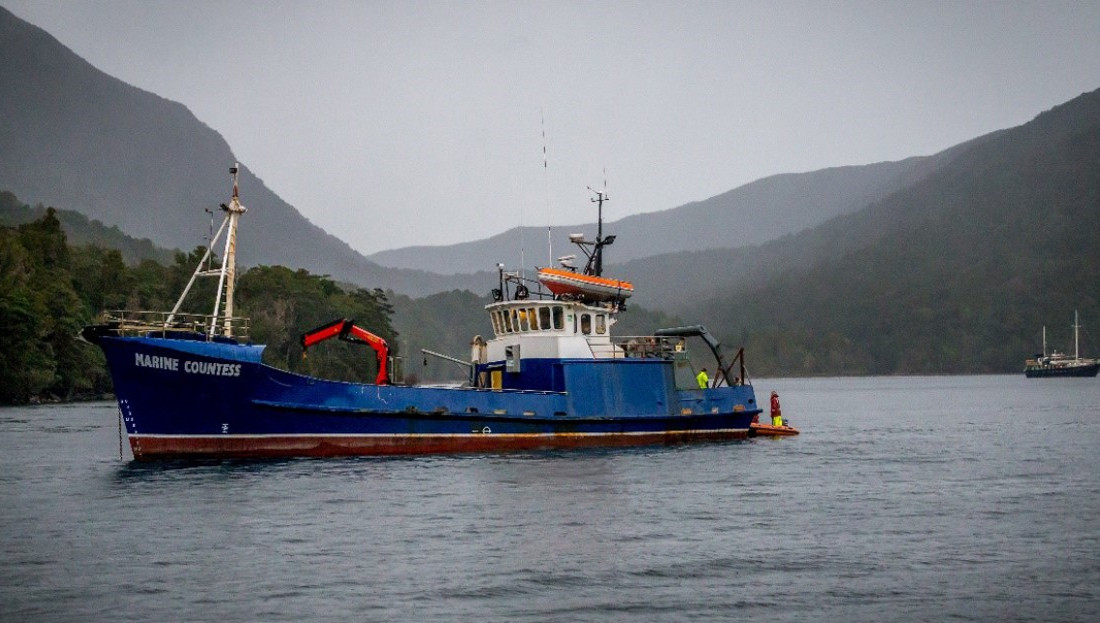Keeping Fiordland's waters pest free
Date
10 October 2018
With its pristine waters and unique ecosystems, Fiordland is one of the most beautiful and dramatic natural areas of New Zealand. It’s home to some incredible species and plays host to visitors from around the world.
However, Fiordland is at risk from the many marine pests lurking in the waters across the globe. These pests, like Mediterranean fan worm and the sea squirt Styela, are transported on the hulls of vessels and on gear, and are effectively only one boat ride away. They have the potential to significantly impact on the marine area of Fiordland, both economically and ecologically.

The development of the Fiordland Marine Regional Pathway Management Plan is a major step in reducing these risks. The Fiordland Plan is the first of its kind in New Zealand and it’s hoped that the future use of these proactive pathway management plans in the marine space will increase around the country.
The plan sets out a number of rules and standards that must be met by all vessels entering within one nautical mile of the landward boundary of the Fiordland Marine Area and requires vessel operators to obtain a Clean Vessel Pass.
The plan has now been in place for over a year, and implementation has gone well with 290 Clean Vessel Passes issued in the first year to a number of vessels originating domestically and internationally. On the ground compliance and monitoring has shown that some Fiordland users still haven’t received the message. However compliance with the clean vessel standards has been very high with no breaches to date. Those that repeatedly fail to hold a current clean vessel pass or breach the standards will have to cover the full costs of inspection (e.g. divers, sample collection, administration) and potentially required to leave Fiordland if deemed high risk.
The plan is still in its early days, and there are still a number of challenges to face. The spread of pests to new ports will be an ongoing risk, and the availability of infrastructure to help vessel operators carry out good marine biosecurity practice is another issue that needs addressing. Work is currently ongoing in these areas, and the agencies are aiming to increase compliance and monitoring efforts in Fiordland for the coming season.
